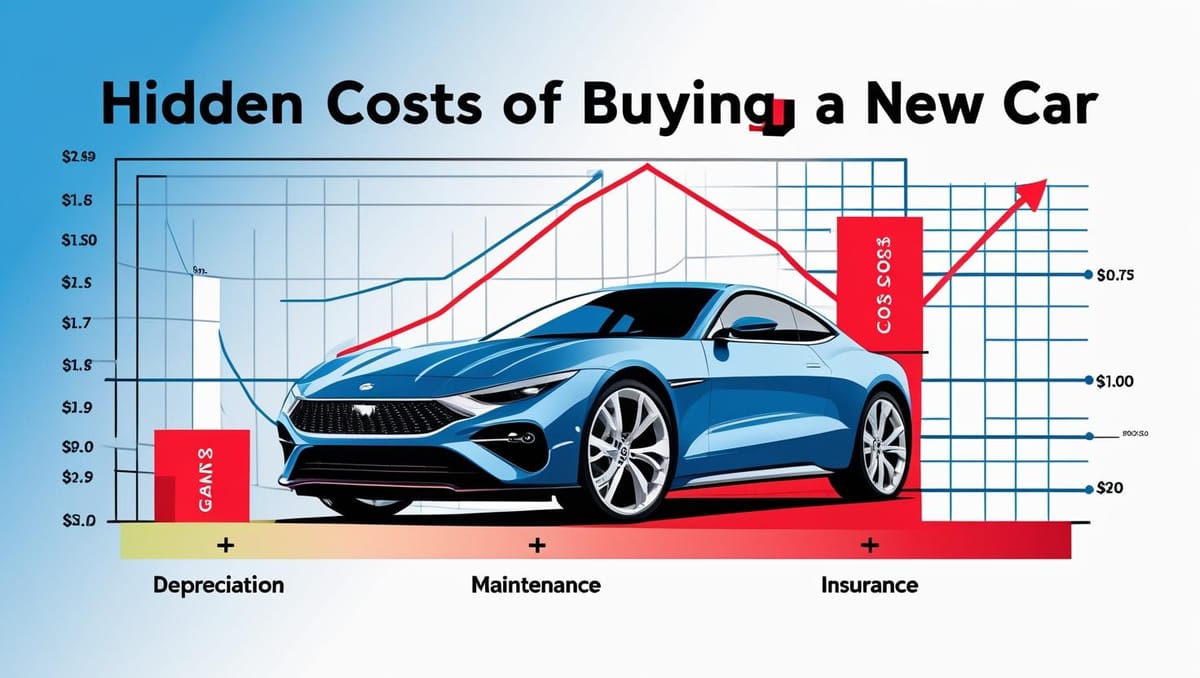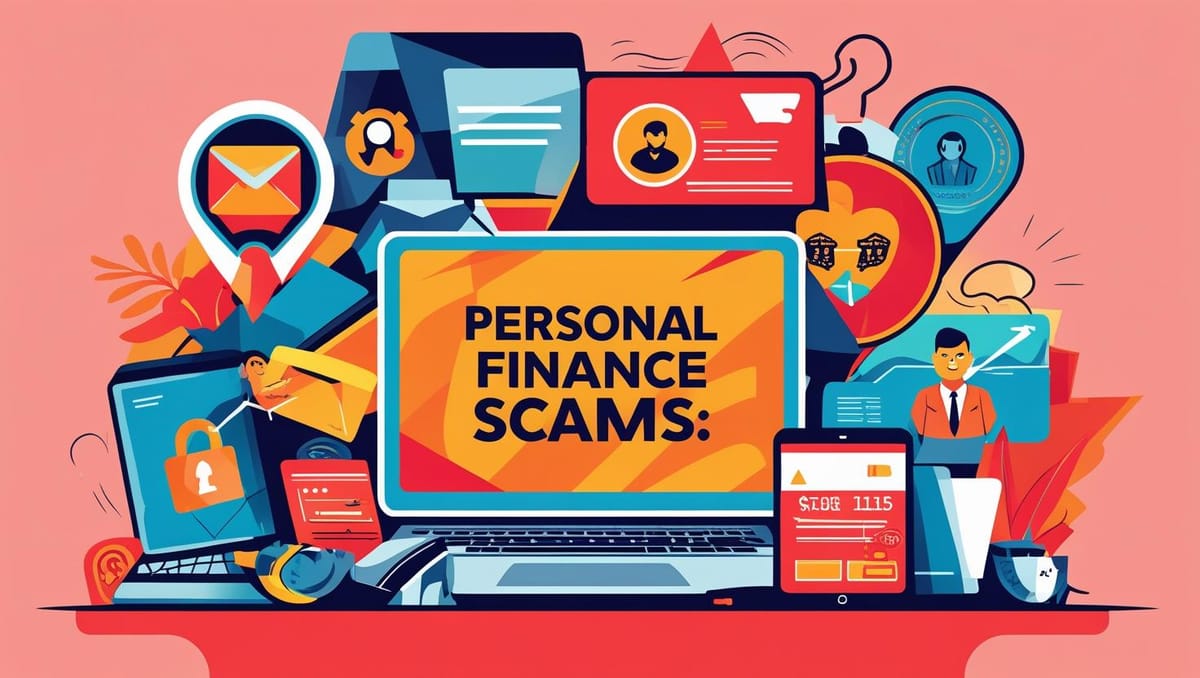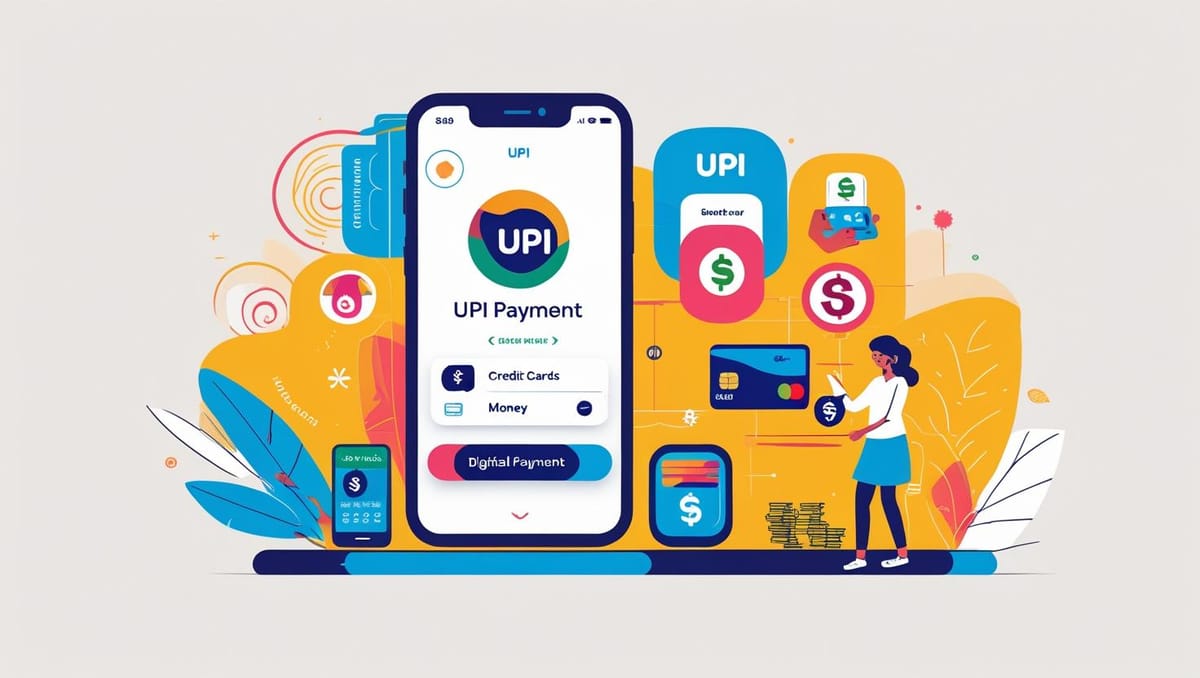Hidden Features of Bank Accounts Most People Don’t Use – But Should
The hidden features banks won’t tell you about. Your bank account could earn more interest, offer insurance, or help them save automatically. Here are 4 underrated banking features you should be using.

The hidden features banks won’t tell you about.
Most people in India use a basic savings account.
They deposit money. Withdraw. Maybe link a UPI.
But that's it.
What if your bank account could earn more interest, avoid hidden charges, or even give you insurance — without any extra cost?
Yes, it’s possible. But banks don’t promote these features, because it’s not profitable for them.
Let’s uncover 4 types of bank account options and features that can save (or even earn) you money — quietly and effectively.
1. 🧠 Auto-Sweep Fixed Deposits (FD-linked Savings)
Auto-sweep is a smart feature where any extra money above a limit in your savings account is automatically moved into an FD — so it earns 6–7% interest instead of 3–4%.
🔍 How it works:
- You set a threshold (say ₹25,000)
- Any balance above that is moved to FD in multiples (say ₹5,000)
- You can still withdraw it any time — partial amounts get “swept back”
🏦 Available with: SBI, ICICI, HDFC, Axis (with activation)
💡 Why it matters:
Your idle balance earns you almost double interest — and it’s liquid!
2. 💼 Salary Accounts with Extra Perks (You May Not Know)
Most salaried employees just open whatever account their company offers — but don’t explore its benefits.
Many salary accounts offer:
- Zero balance with no penalty
- Overdraft up to ₹1L (handy during emergencies)
- Free life insurance (₹2–5L cover)
- Credit cards with zero joining fees
📝 Tip: If you change jobs or turn it into a normal savings account, benefits may stop — ask your bank to switch to a smart savings variant or maintain a small balance.
3. 🏦 BSBDA – Basic Savings Bank Deposit Account (RBI-mandated)
You’ve probably never heard of this, but it’s a no-frills account created by RBI to promote financial inclusion.
✅ Features:
- No minimum balance required
- No maintenance charges
- ATM card provided
- Can be opened at almost any bank
🔐 Limitations:
- Only 4 cash withdrawals/month
- No fancy features (like internet banking or chequebook in some banks)
💡 Best for: students, low-income earners, senior citizens, or second savings account.
4. 🔄 Sweep-In vs Flexi RD – Better Saving Tools for Salaried People
These are smart options most private banks quietly offer:
🟢 Sweep-In:
- You link an FD to your account
- When you spend more than your balance, money is pulled from FD automatically
- You avoid overdraft/penalty, and still earn FD interest
🟡 Flexi RD:
- You commit to a Recurring Deposit (say ₹2,000/month)
- But if you want to pause or skip 1–2 months, there’s no penalty
💡 Great for: freelancers, gig workers, or anyone with irregular income who still wants to save consistently.

🧠 Final Thoughts
Banks don’t always explain these features — because they don’t make money when you become smarter.
But now you know:
- Your idle savings can earn more
- Your salary account can do more than hold money
- You don’t need to maintain ₹10K to avoid penalties
- Saving tools like sweep-in/Flexi RD can work with your real life
Use your bank. Don’t let it use you.

📢 Bonus Freebie:
📝 Bank Smarter Checklist – Download our PDF that tells you what to ask your bank today.
👉 Subscribe, Coming soon on Bitveen
⚠️ Disclaimer:
This blog is for educational purposes only. Features may vary across banks. Please confirm details with your bank branch before making changes.




